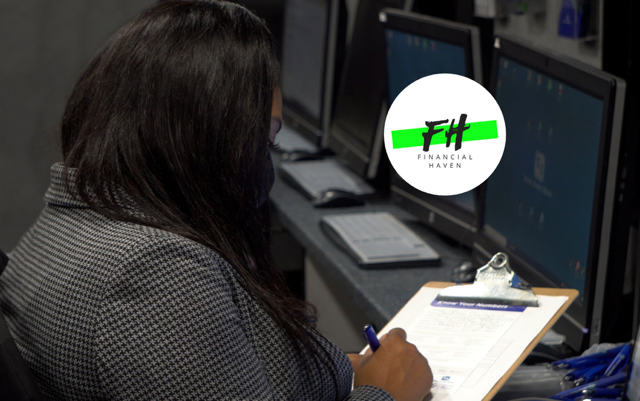
When Money Hurts™: Recognizing & Responding to Financial Stress in Healthcare Settings
Workshop Description:
In this interactive 60-minute hybrid workshop, healthcare professionals will explore how financial stress manifests in patient health and behavior—and what they can do about it. Using the Seven Financial Triage Indicators as a guide, participants will learn to spot common red flags during routine visits and check-ins, especially in patients managing chronic conditions like hypertension, diabetes, and anxiety.
We’ll unpack how financial strain often shows up as skipped appointments, medication nonadherence, or mental health symptoms—and provide practical, trauma-informed questions that providers can seamlessly integrate into patient conversations.
The session includes:
✔ A deep dive into the link between financial stress and health outcomes
✔ A breakdown of the Seven Financial Triage Indicators
✔ Real-world roleplay scenarios and patient scripts
✔ A Z Code integration overview (with billing/reimbursement strategies)
✔ A sample success story of improved patient outcomes via referral
Participants will leave with a Financial Triage Toolkit™, including:
Screening questions
Z Code cheat sheet
Referral pathway tips
Follow-up conversation templates
Whether you're a provider, care coordinator, or clinic leader, this training empowers your team to go beyond symptom management—helping patients heal at the root by addressing the money stress no one talks about.
The Health-Wealth Connection
Overview:
This eye-opening session explores the link between financial well-being and health outcomes — especially how financial strain impacts chronic disease, care planning, and access. Participants walk away with tools to strengthen both areas of life.
Participants Will:
✔ Understand how financial stress affects physical and mental health
✔ Learn strategies to reduce financial toxicity in their own lives or within client communities
✔ Explore how to use tools like HSAs, Z codes, and resource mapping for better outcomes
Ideal for:
Healthcare teams, case managers, social workers, community health educators, FQHC partners
